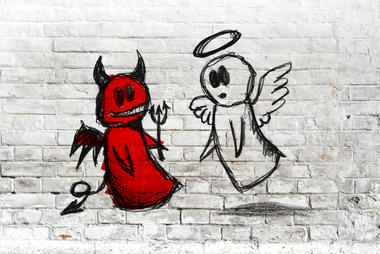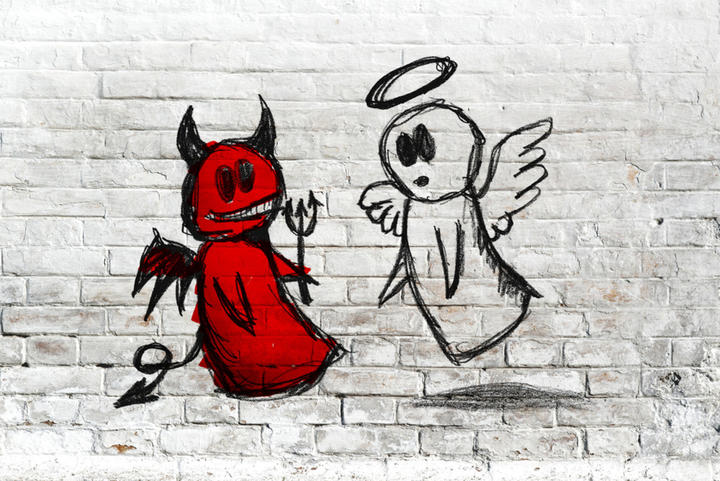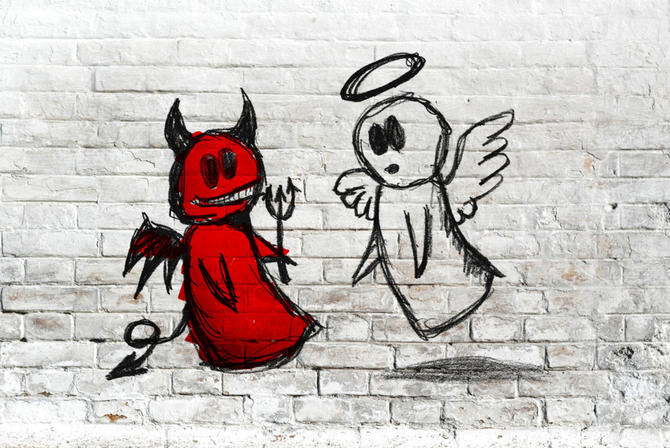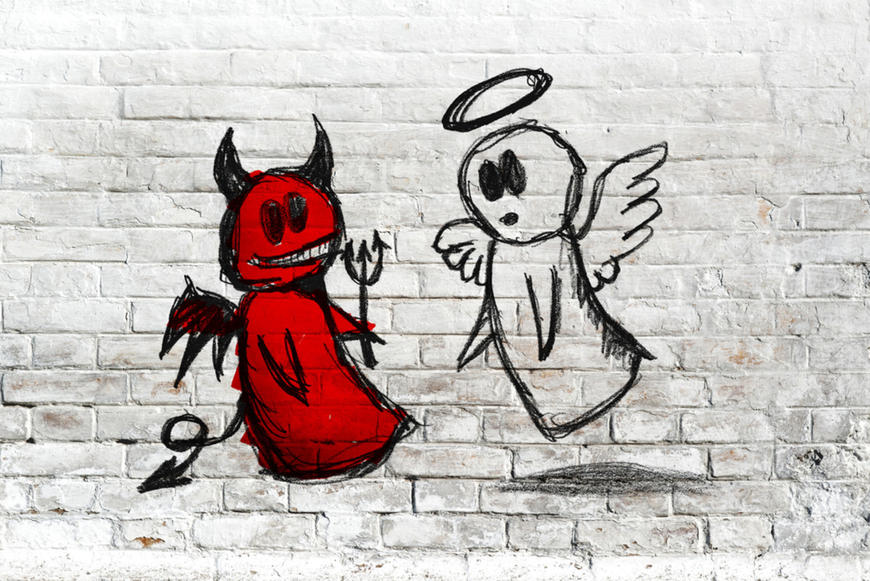



Looking at issues of human morality and justice from the point of view of religious doctrines, one can come across certain distinctions between the perceptions of different denominations’ adherents. These distinctions concern mainly the points of origins, the image of a righteous human and the ways to achieve the state of enlightenment. However, most denominations reach have much in common in the issues regarding human life and the key moral principles that are to be observed. So, human life is stated to be precious and subject only to God’s powers in most denominations including different branches of Christianity. Christian doctrine considers life to be precious, and human life to be sacred (Kis). It is no wonder as - in religious perception - a human being is believed to be the crown of creation.
While common perceptions of human morality have their origins in religions that date back in ancient times, humanity tends to equalize overall human morality with religious righteousness. Religious morality, in its turn, is inevitably based on the “divine command” theory (Cline). However, it is argued nowadays that there is also “godless” morality incorporating key moral principles that are considered to make a person “good” apart from the connection with religious doctrines (Cline). Referred to as secular morality, this set of philosophical trends like humanism, consequentialism, and freethinking lay emphasis on the issues of moral virtues without binding them to the importance of religious commandments and worshipping a god (Epstein). At the same time, good and evil human beings are believed to exist both among adherents of various denominations and non-believers. Thus, some key major perceptions of goodness and morality are common to both of them and therefore prove to be the issues of general human morality.
Nowadays, in the era of globalization and violent struggle for interests, the issues of universal human rights have been becoming more and more important. Numerous movements have been created since the beginning of the 20th century including animal liberation, feminist, civil rights, environmental ethics movements, etc. that seek to defend interests of certain oppressed groups and justify their rights (SEP). There are religion-related as well as non-religious movements among them. The event that encouraged the struggle for human rights and recognition of human life as precious was, naturally, the World War II with the United Nations creating the Universal Declaration of Human Rights in 1948. Nevertheless, the continuous military conflicts breaking out all over the world tend to violate the elementary human rights and norms of morality and justice. We don’t need to go far to find a bright example of a country being in the almost permanent state of war. It is the United States that has been finding itself in the permanent pursuit of terrorists worldwide within the war on terrorism since 9\11 (Ruether). Identifying and eliminating “terrorists” has become a kind of obsession for the American government and armed forces, while the country’s “peace-making” missions all over the world (including the Balkans, Iraq, Vietnam, etc.) probably violate far more human rights and norms of morality and justice. With a wide practice of the scorched earth policy within the UN and NATO peacekeeping missions, the United States, however, have been enjoying the immunity against the international trials (Boggs). The similar example is another warring state, the Russian Federation with its “pacification” campaigns in Chechnya, Georgia and – currently – in Eastern Ukraine.
In terms of global justice and morality, it is obvious that the modern world with those in power obsessed with the pursuit for benefit experiences the violation of moral norms on an immense scale. As the strong of the world start to play God thinking that they have lives of thousands of human beings at their disposal, they run counter to religious principles, too: Christian doctrine claims each human life to be sacred as created by the God, and the God is considered to be the only one to dispose of human lives (Kis). Apart from the religious aspects, humanity suffers mass violations of the primary human rights and moral dogmas mirrored in the UN Declaration of Human Rights: e.g. a human being has right for life, freedom and personal inviolability (UN); all people are originally equal in rights; everyone has right for immunity of his/her property and residence etc. To mention the positive trend, many peace movements (incorporation adherents of different denominations and non-believers) have been functioning in order to stop the bloodshed. For instance, as Nixon was about to extend the Vietnam War to Cambodia, peace movements including college students declared hunger strikes protesting against such policy (Thistlethwaite).
In conclusion, we can assume that the focus has shifted from the religious perception of human morality to the universal one in the last decades. To my thinking, it is a positive trend as universal morality and global justice can be applied to any human being regardless of his or her religious beliefs. This makes morality more universal and true for the humanity as a whole. At the same time, the panhuman moral principles are being violated more and more often in our society, and that concerns not only the large-scale precedents like military conflicts, but also smaller issues on the scale of the particular humans (as stated earlier, the distinction between the good and the bad doesn’t lie within the frames of religious and non-religious people). Again, what is rather good, is that there are movements as well as separate humans who do their best to maintain the balance.